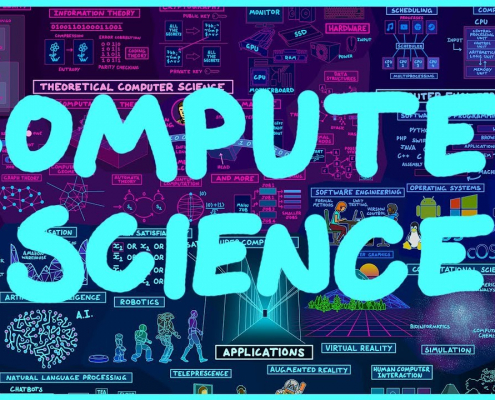
Matematikle Etkili Düşünme: Zihinsel Çeviklik ve Problem Çözme Yeteneğini Geliştirme
0 Yorumlar
/
Matematik, çoğu zaman zorlayıcı bir akademik disiplin gibi…

Bilgisayar Bilimlerini Öğrenmek İçin Kapsamlı Bir Müfredat
Dijitalleşen dünyamızda bilgisayar bilimlerinin önemi tartışılmaz.…
 https://erhankilic.org/wp-content/uploads/2023/08/computer_science.jpg
720
1280
Erhan Kılıç
https://erhankilic.org/wp-content/uploads/2018/03/lastlogo.png
Erhan Kılıç2023-08-18 12:40:072025-09-23 23:30:16Bilgisayar Bilimlerine Giriş
https://erhankilic.org/wp-content/uploads/2023/08/computer_science.jpg
720
1280
Erhan Kılıç
https://erhankilic.org/wp-content/uploads/2018/03/lastlogo.png
Erhan Kılıç2023-08-18 12:40:072025-09-23 23:30:16Bilgisayar Bilimlerine Giriş